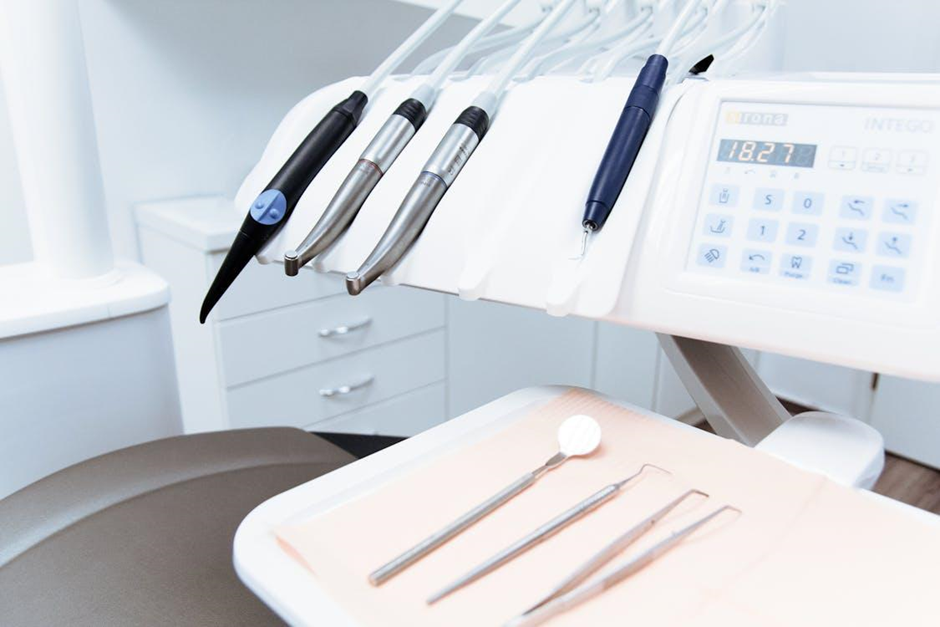Dental Implants vs Dentures : Discover the Lasting Benefits of a Permanent Smile
Dental Implants
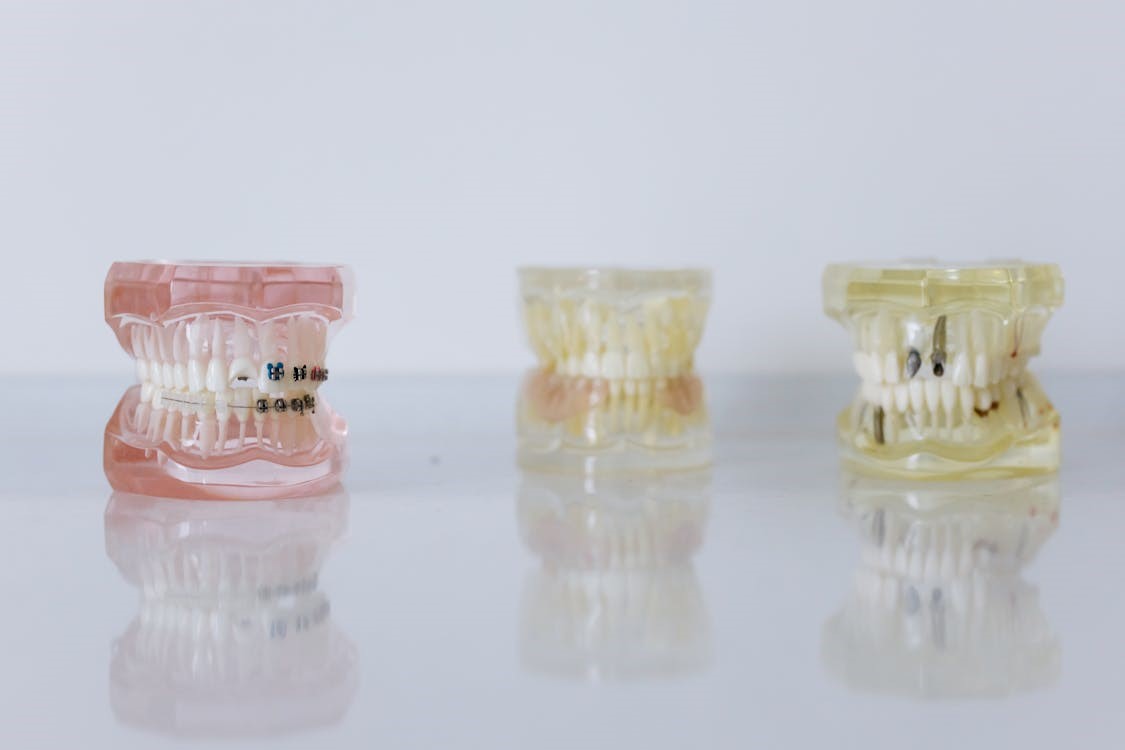
Are you missing teeth and struggling to decide between dentures and dental implants? Both are great options for tooth replacement. But they differ significantly in their longevity, comfort, and impact on your oral health.
This article provides a comparison of dental implants and dentures, exploring their pros and cons to help you make an informed decision.
We’ll delve into factors such as cost, functionality, and long-term effects, empowering you to choose the best solution for a permanent smile.
Understanding Dental Implants
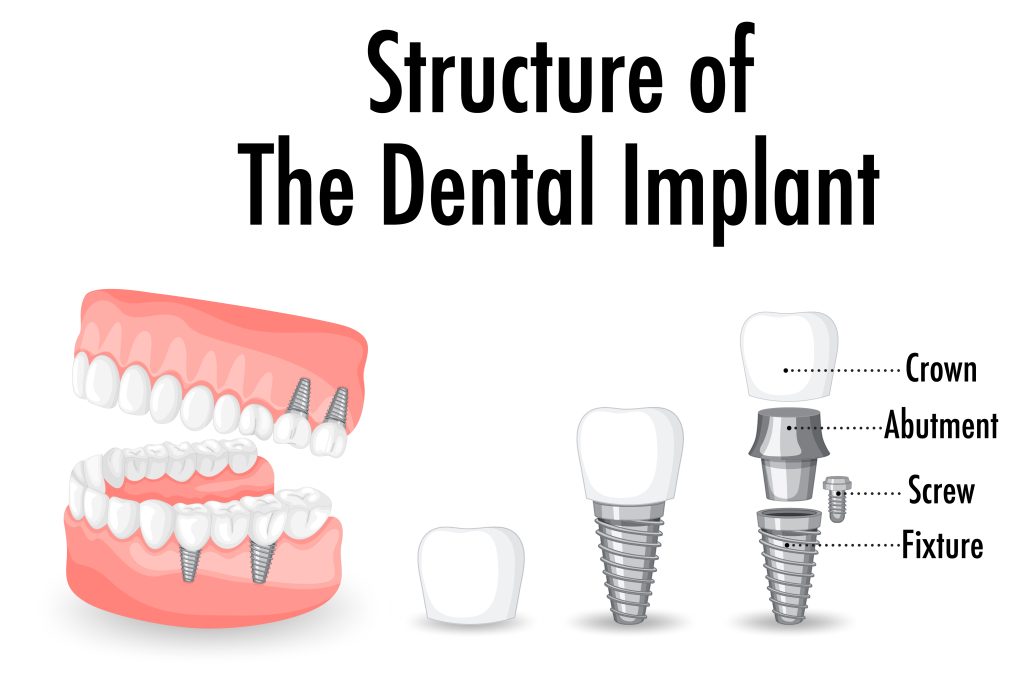
A titanium post is surgically placed into your jawbone during the dental implant procedure. This post acts as an artificial tooth root, providing a stable foundation for a replacement tooth or crown.
Over time, the implant fuses with the bone through a process called osseointegration. This process creates a strong and durable foundation for your new tooth.
Dental implants offer a natural look and feel, closely resembling your own teeth. They are custom-made to match your existing teeth, providing a seamless and aesthetically pleasing result.
Moreover, implants offer unparalleled stability. This allows you to eat, speak, and smile with confidence. Unlike dentures, they won’t slip or shift in your mouth, ensuring a secure and comfortable fit.
Pros and Cons of Dental Implants
One of the most significant advantages of dental implants is their durability and longevity. They are a cost-effective long-term solution for tooth replacement. This longevity can outweigh the initial investment, as implants can help you avoid potential future dental issues and the associated costs.
Furthermore, implants play a crucial role in maintaining optimal oral health. They preserve jawbone health by stimulating bone growth. This prevents bone loss, a common consequence of tooth loss.
Bone loss can lead to facial sagging and further dental problems. Consequently, implants not only restore your smile but also contribute to your overall facial structure and well-being.
However, it’s essential to consider that implants require a surgical procedure. This may involve some discomfort and a healing period.
Additionally, implants generally have a higher upfront cost compared to dentures. While their longevity and potential to avoid future dental issues can make them a worthwhile investment, it’s crucial to factor this into your decision-making process.
Finally, it’s important to acknowledge that dental implants may not be suitable for everyone. Certain medical conditions or insufficient jawbone density may require additional procedures like bone grafting before implants can be placed. A thorough evaluation by a qualified dentist will determine your candidacy for implants.
Understanding Dentures
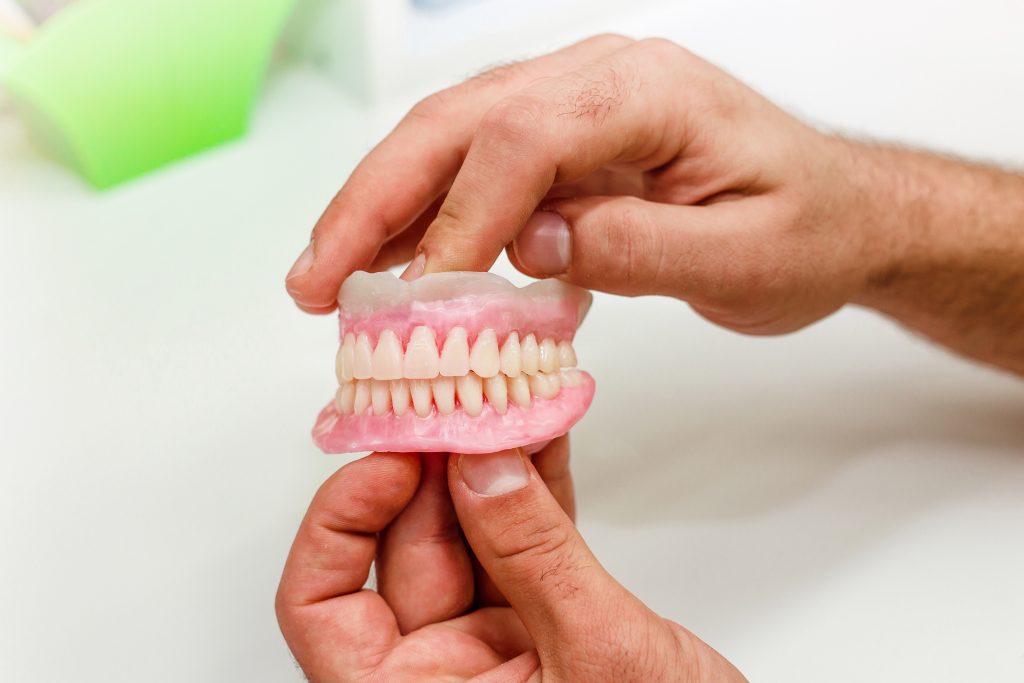
Dentures are removable prosthodontics that replace missing teeth and surrounding tissues. They come in two main types: full dentures, which replace an entire arch of teeth, and partial dentures, which replace one or more missing teeth.
Dentures offer a non-invasive solution for tooth replacement, as they don’t require surgery. This makes them a suitable option for individuals who may not be candidates for implants due to health concerns or other factors.
Pros and Cons of Dental Implants
The main advantage of dentures is their affordability. They typically have a lower upfront cost compared to implants, making them a more accessible option for some individuals.
Additionally, dentures can be fabricated and placed relatively quickly, providing a faster solution for tooth replacement when time is a significant consideration.
However, dentures also have limitations. They can sometimes slip or shift in your mouth, potentially affecting your ability to eat and speak comfortably. Ill-fitting dentures can cause discomfort, sores, and irritation in your mouth. These issues can impact your daily life and overall well-being.
Moreover, dentures may necessitate dietary restrictions. You may need to avoid certain foods that are difficult to chew with dentures, limiting your culinary enjoyment. Another crucial factor to consider is that dentures do not stimulate jawbone growth. This can lead to bone loss over time, affecting your facial structure and potentially causing further dental problems.
Finally, dentures require ongoing maintenance. They need daily cleaning and may require periodic adjustments or replacements to ensure a proper fit and avoid discomfort. These factors should be considered when evaluating the long-term implications of choosing dentures.
Comparing Key Factors
To help you make the best decision for your specific needs, let’s compare dental implants and dentures based on key factors.
Cost is often a primary concern. Dentures generally have a lower initial cost, making them more appealing from a budgetary standpoint. However, implants may prove more cost-effective in the long run due to their longevity and potential to prevent future dental issues that could incur additional expenses.
Functionality is another crucial aspect to consider. Implants offer superior functionality, providing a natural feel and greater stability for eating and speaking. This can significantly impact your quality of life and confidence in social situations. Both implants and dentures can improve your smile’s appearance. However, implants offer a more natural look and feel, blending seamlessly with your existing teeth.
Oral health is a paramount concern in any dental decision. Implants promote better oral health by preserving jawbone structure and preventing bone loss, contributing to long-term oral and overall well-being. Maintenance requirements also differ between the two options. Implants require less maintenance than dentures, simplifying your daily oral care routine.
Longevity is a significant factor when considering tooth replacement options. Implants can last for a long time when done by a professional dentist. In contrast, dentures typically need to be replaced every 5-6 years. This difference in lifespan can influence your long-term investment and overall satisfaction.
Making the Right Choice
The best choice between dental implants and dentures depends on your individual needs, preferences, and oral health condition. The number of missing teeth is a significant factor. Implants are suitable for replacing single or multiple teeth, while dentures are often used for full or partial tooth replacement. Jawbone health is crucial for implant placement. Sufficient jawbone density is necessary for successful implant integration.
Your overall health is another vital consideration. Certain medical conditions may affect your candidacy for implants. A thorough medical history review with your dentist is essential.
Furthermore, your lifestyle, dietary habits, and budget play a role in your decision-making process. Consider how each option aligns with your daily life and financial resources.
Conclusion
The choice between dentures and dental implants depends on your individual needs, budget, and lifestyle. While dentures offer a more affordable initial investment, dental implants provide a long-term solution with superior stability, functionality, and oral health benefits.
Ready to experience the transformative power of dental implants? Schedule a consultation with Dr. Paul Dental Clinic L.L.C. in Dubai, UAE, today.
Our experienced team will assess your oral health, discuss your treatment options, and guide you on your journey to a permanent, confident smile. Contact us now to take the first step towards rediscovering the joy of a healthy, beautiful smile.
Also Read : Learn everything you need to know about achieving a confident new smile in our blog on Your Guide to Dental Implants : Everything You Need for a Confident New Smile.
Book an Appointment With Your Doctor NOW!
Ready for a brighter smile? Schedule your appointment with Dr. Paul’s Dental Clinic today and experience exceptional dental care.
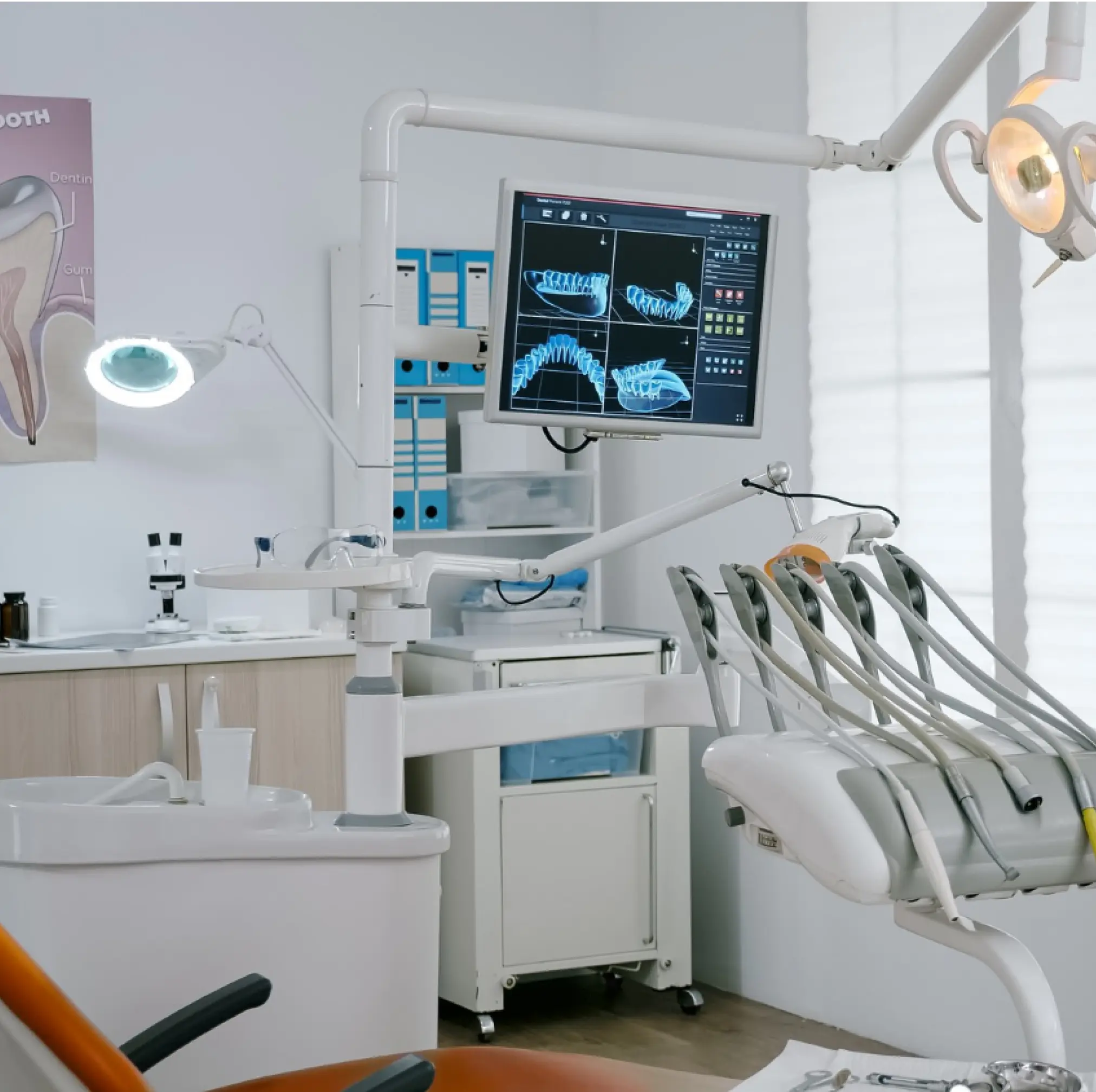
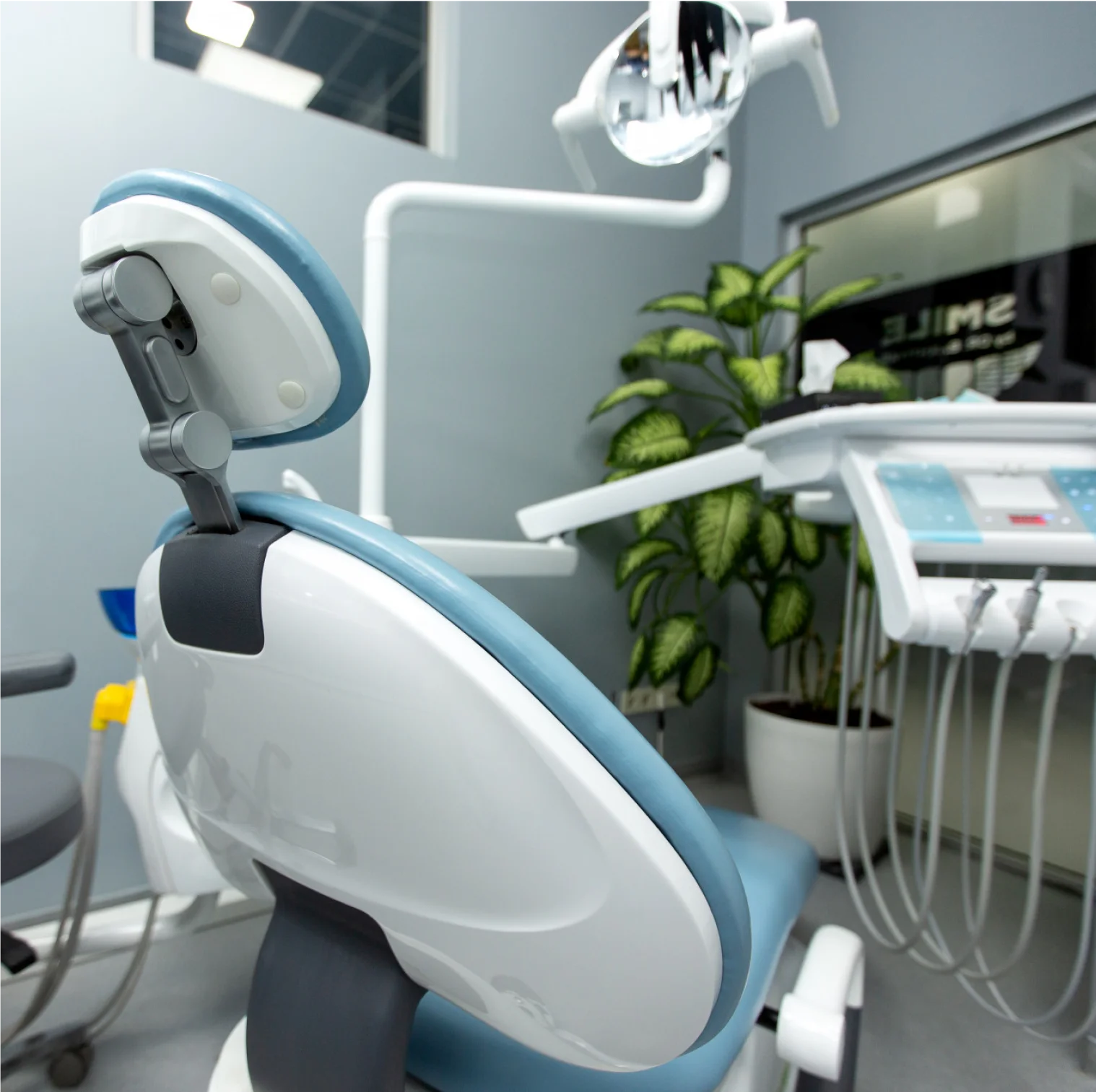

 Dr. Abdulrahman Ghalib Atatreh
Dr. Abdulrahman Ghalib Atatreh 

